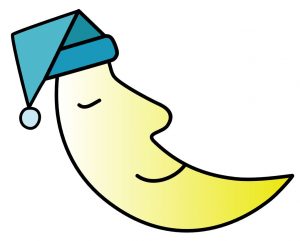
Like many of today’s most popular nursery rhymes, the rhyme Brother John is actually quite old. It’s also technically a translation. The original nursery rhyme was French and is known the world over as Frère Jacques. Though Frère Jacques has been translated into several languages, many non-French speaking children still have the original words memorized.
The translation of the title Frère Jacques to Brother John is accurate. The English version of the nursery rhyme uses the same melody, but some of the meaning is lost in the translation of the lyrics. For example, in the original French version the brother is urged to wake so that he may ring the bells. In the English version, the brother is urged to wake because the bells are already ringing.
There are a number of theories on the origins of the lyrics. The most popular theory is that the song was written about Frère Jacques Baulot. While his association with the song has helped to preserve his own legacy, there is no historical evidence to support the theory, particularly since Baulot passed long before the rhyme was first published. Other theories have postulated a political motive behind the lyrics, suggesting that they were meant to mock various political factions, but these theories also lack supporting evidence.
The French National Library possesses a rare manuscript by the composer Jean-Philippe Rameau that contains the melody for Frère Jacques. Thus many consider him to be the originator of the song. Rameau passed in 1764, but the first version of Frère Jacques was not published until later in the 18th century. The melody was intact, but there were no lyrics and the piece was titled Frère Blaise. The song was not published as Frère Jacques with its current lyrics until 1860. Click this link for a modern example.
Thanks to the popularity of children’s nursery rhymes in 19th century England, the Brother John translation came shortly thereafter. The first Mother Goose fairytale books were published late in the 17th century, long before Brother John made his first appearance. Several volumes of Mother Goose nursery rhymes had been published before Brother John was incorporated into their existing collection of English classics. Despite the delay, Brother John quickly became an international favorite, regardless of the language in which it was published or sung.